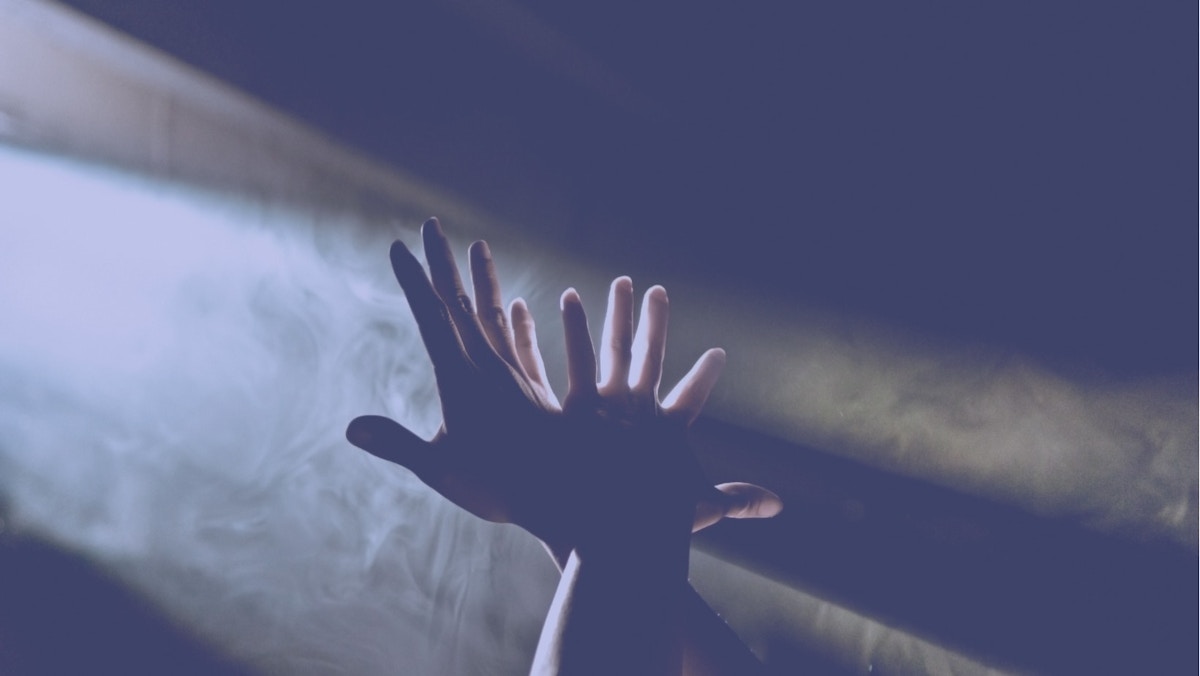I Am Sober is a free app that helps you get some control back in your life.

What Is Atypical Anorexia? Causes, Signs, and Treatment
Last Updated: Tue, January 23, 2024Atypical anorexia is an eating disorder that affects thousands of people worldwide. In general, more people suffer from atypical anorexia than typical anorexia.
But what exactly is atypical anorexia? What are its causes and signs? Is there a way to treat it?
In this post, we will talk about atypical anorexia, its causes, signs, and treatment.
What Is Atypical Anorexia?
Atypical anorexia is defined as a severe fear of gaining weight. It involves severe food and energy intake limitations without significant weight loss or low body weight. This indicates that patients with this eating disorder can have an average or higher weight.
Some people feel that having a healthy body weight signifies having a less severe eating disorder. On the other hand, atypical anorexia shows that eating disorders can take many distinct forms.
In addition, people with atypical anorexia have negative attitudes about their bodies, weight, and food relationships. Atypical anorexia is also a severe psychological disorder that can significantly influence a person's life, career, and relationships, regardless of how it affects their weight.
Causes of Atypical Anorexia
Here are the causes of atypical anorexia:
1. Genetics
According to research, about half to eighty percent of the risk of developing an eating disorder is genetic.
People with eating disorders like atypical anorexia in their first-degree relatives (siblings or parents) are ten times more likely to develop an eating disorder, suggesting a genetic link.
Changes in brain chemistry, notably in the brain reward system and neurotransmitters, may also play a role. These include serotonin and dopamine, which regulate hunger, mood, and impulse control.
2. Trauma
Many specialists believe that persons with eating disorders like anorexia try to cope with overwhelming feelings and painful emotions. They do this by restricting their food intake.
Physical or sexual abuse, for example, can lead to the development of an eating disorder in some people.

3. Environment and Culture
Cultures that idealize a specific body type, typically slim ones, can put undue pressure on people to meet unrealistic body standards.
Thinness is also frequently associated with popularity, success, attractiveness, and happiness in popular culture, media, and advertising. This can contribute to the development of atypical anorexia.
4. Peer Pressure
Peer pressure, especially among children and adolescents, can be a powerful influence.
Anorexia can also be made worse by being teased, bullied, or ridiculed because of one's looks or weight.[1]
5. Emotional Health
Perfectionism, impulsive behavior, and challenging relationships can all contribute to a person's poor self-esteem and perceived self-worth. This puts them at risk of getting atypical anorexia.
Signs of Atypical Anorexia
Here are the signs of atypical anorexia:
1. Physical
Individuals suffering from atypical anorexia may not appear skinny. However, their bodies reveal that they are restricted to the same extent as those suffering from typical anorexia nervosa.
In particular, these people suffer from the following:
● Skin that is yellowing and drying
● Abdominal discomfort
● Irritable bowel syndrome
● Immune system weakness
● Constipation
● Low energy and lethargy
● Significant weight loss
2. Behavioral & Emotional
The difference between atypical anorexia nervosa and typical anorexia nervosa lies in their weight.
As a result, many behavioral and emotional symptoms overlap. Individuals with atypical anorexia nervosa may believe they are not sick enough or use their weight as an excuse to be healthy or fine.
In addition, their disorder may be unrecognized if they are not excessively underweight. Behavioral and emotional symptoms to be aware of include:
● Pays a lot of attention to body weight, size, and shape
● Low self-esteem
● Skewed body image
● Anxiety about becoming overweight or obese
● Hyperconcentration on food, its nutritional value, and its physiological effects
● Refusing to eat or allow others to see them eat
● Increased emotional instability (irritability, mood swings, etc.)
● Thinking and concentrating difficulties
Treatments for Atypical Anorexia
Here are the treatments for atypical anorexia:
1. Psychotherapy
Psychotherapy is a type of individual counseling. It focuses on improving a person's eating disordered thinking (cognitive treatment) and behavior (behavioral therapy).
This treatment includes practical tactics for building healthy attitudes toward food and weight. It also features approaches for modifying how the person reacts to challenging situations.
2. Medication
Atypical anorexia is typically connected with anxiety and despair.
Hence, some healthcare practitioners may prescribe medication to help manage these symptoms. Weight gain may be helped by antipsychotic medicine like olanzapine. Doctors sometimes prescribe period regulation drugs.
3. Nutrition Counseling
Nutrition counseling is a treatment technique for anorexia that includes instilling a healthy attitude toward food and weight.
It also helps restore regular eating patterns among patients and instills the value of good nutrition and a well-balanced diet.
4. Group and/or Family Therapy
Family support in atypical anorexia therapy is critical. The person's family members must learn and recognize the signs and symptoms of an eating issue.
People with eating disorders may also benefit from group therapy. Here, they can find support and openly express their feelings and worries with others who have gone through similar situations.
5. Hospitalization
Severe weight loss that has led to malnutrition and other significant mental or physical health consequences like heart disorders, depression, and suicidal acts may require hospitalization.
Conclusion
Atypical anorexia is a dangerous and potentially fatal disorder. The good news is that a full recovery can happen with the right treatment.[2]
If you or someone you know is showing signs of anorexia, you should seek help and treatment. Remember, it's never too late to get help. Plus, getting treatment sooner rather than later increases the chances of recovery.
The right support system and a sobriety app like I Am Sober can also help.
I Am Sober is a free app that helps you get some control back in your life.




